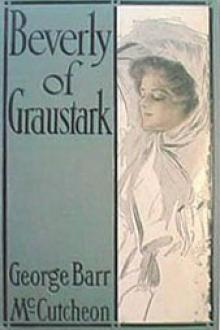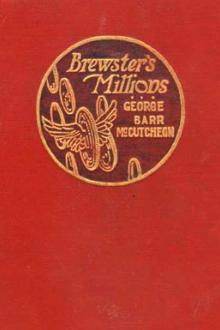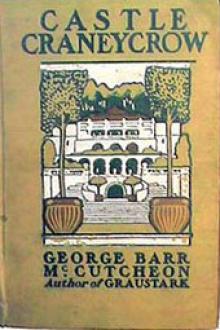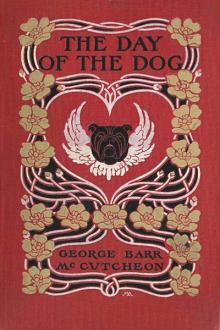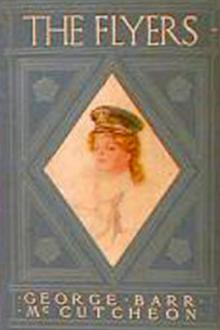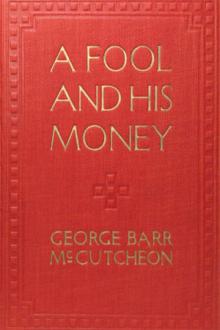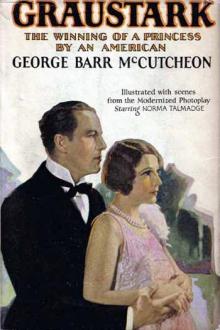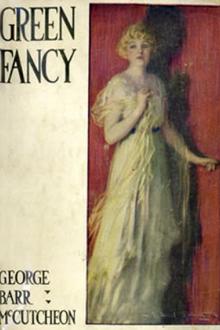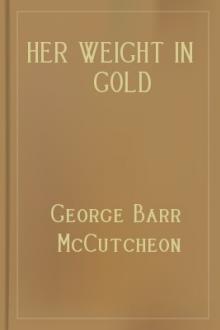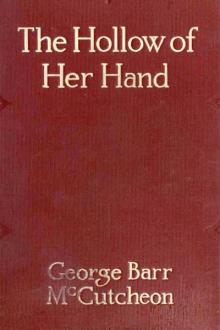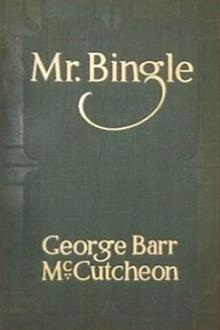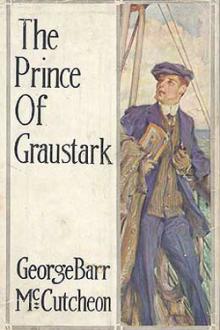Jane Cable
Book Excerpt
Cable was deeply interested, for he had seen Custer fighting at the front in the sixties. Frances Coleman, the prettiest girl he had ever seen, sold him the newspaper. After that, he seldom went through Albany without visiting the little book shop.
Tempestuous, even arrogant in love, Cable, once convinced that he cared for her, lost no time in claiming her, whether or no. In less than three months after the Custer massacre they were married.
Defeated rivals unanimously and enviously observed that the handsomest fireman on the road had conquered the mo&t outrageous little coquette between New York and Buffalo. As a matter of fact, she had loved him from the start; the others served as thorns with which she delightedly pricked his heart into subjection.
The young husband settled down, renounced all of his undesirable habits and became a new man with such surprising suddenness that his friends marvelled and--derided. A year of happiness followed. He grew accusto
Editor's choice
(view all)Popular books in Fiction and Literature, Romance
Readers reviews
- Upvote (0)
- Downvote (0)
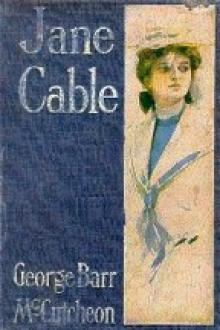
 Free Download
Free Download





















